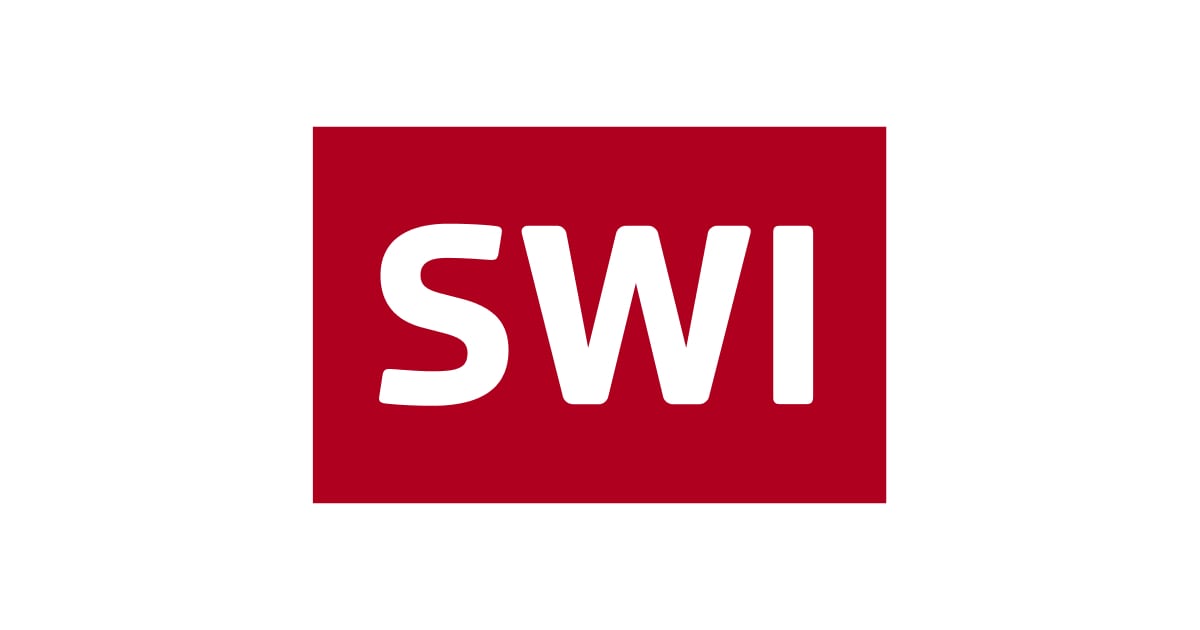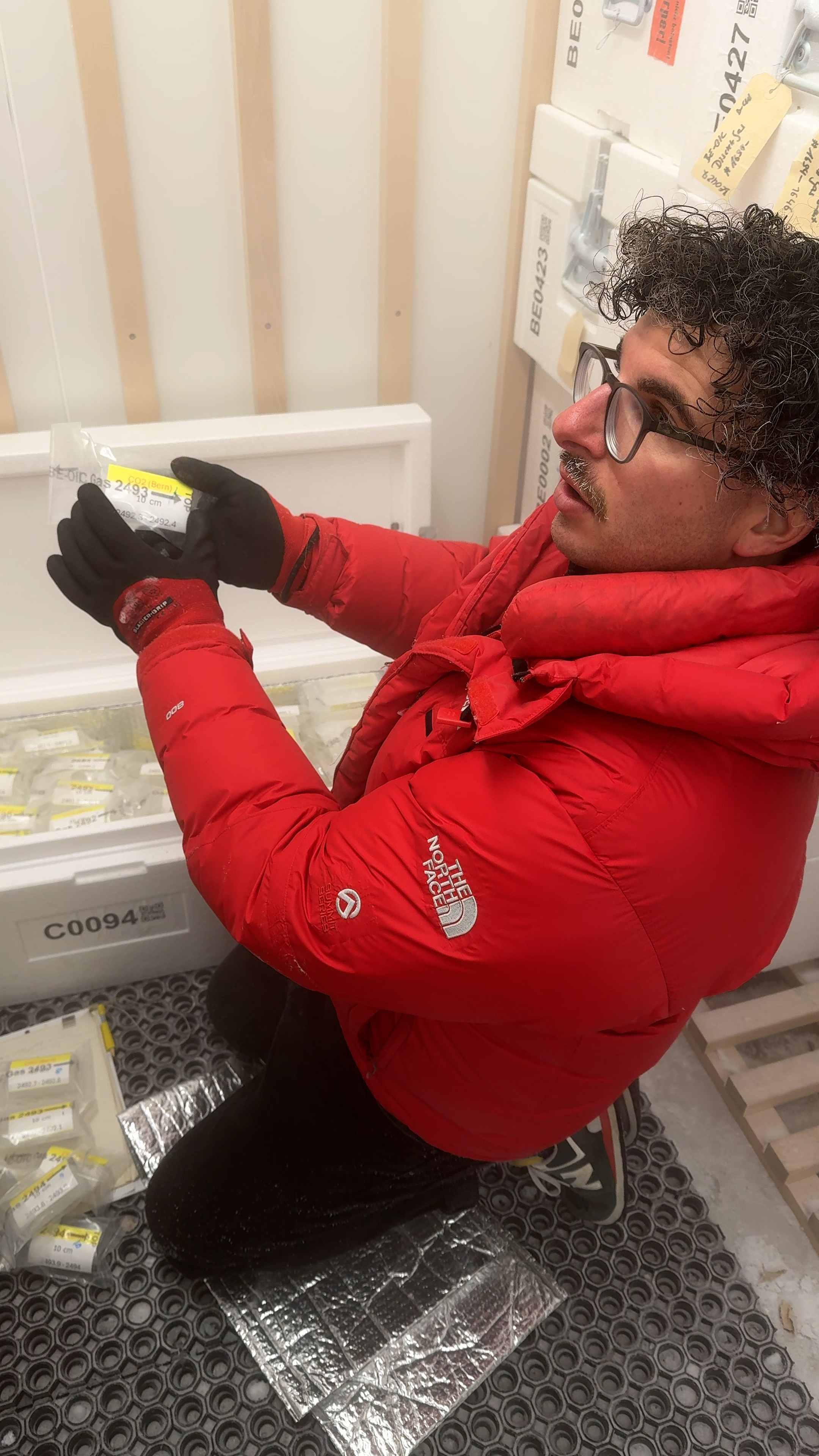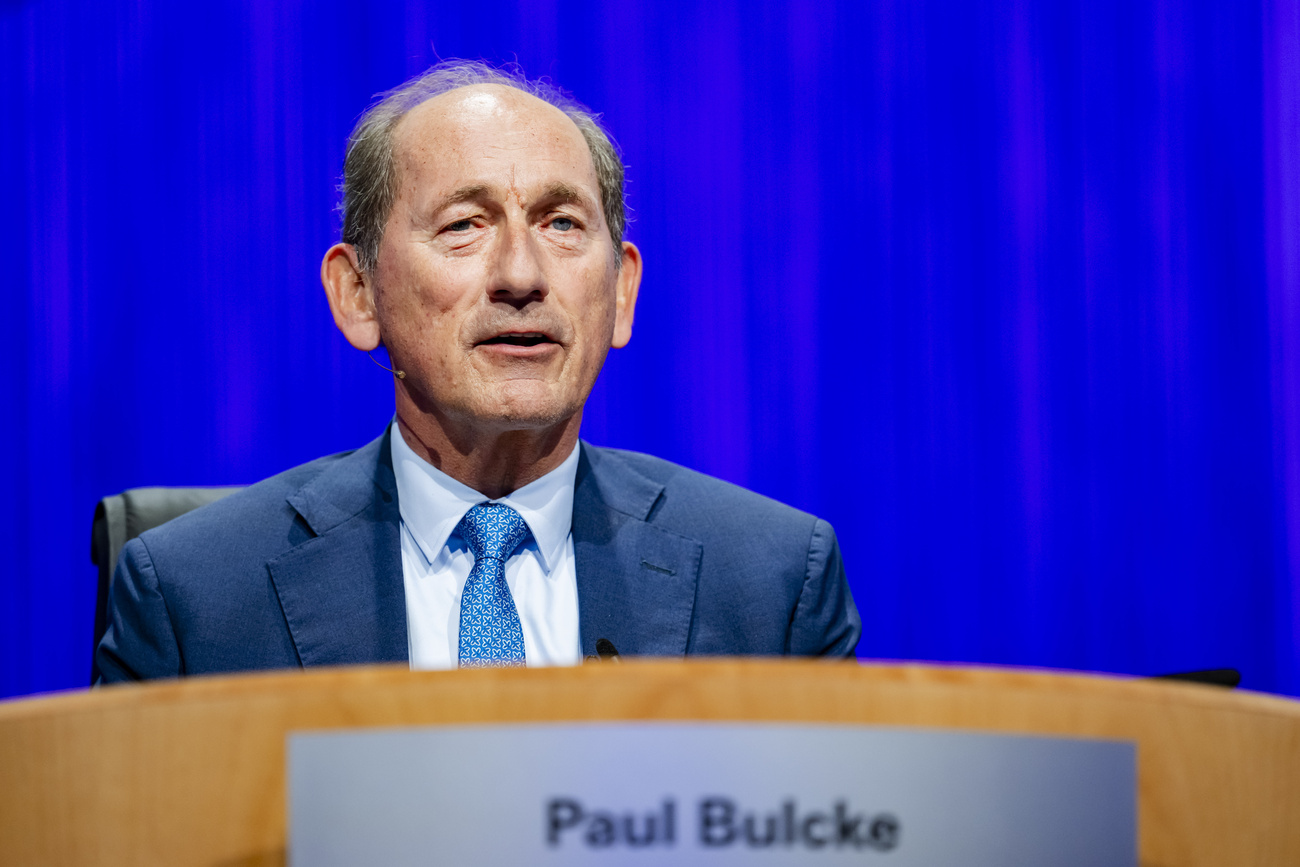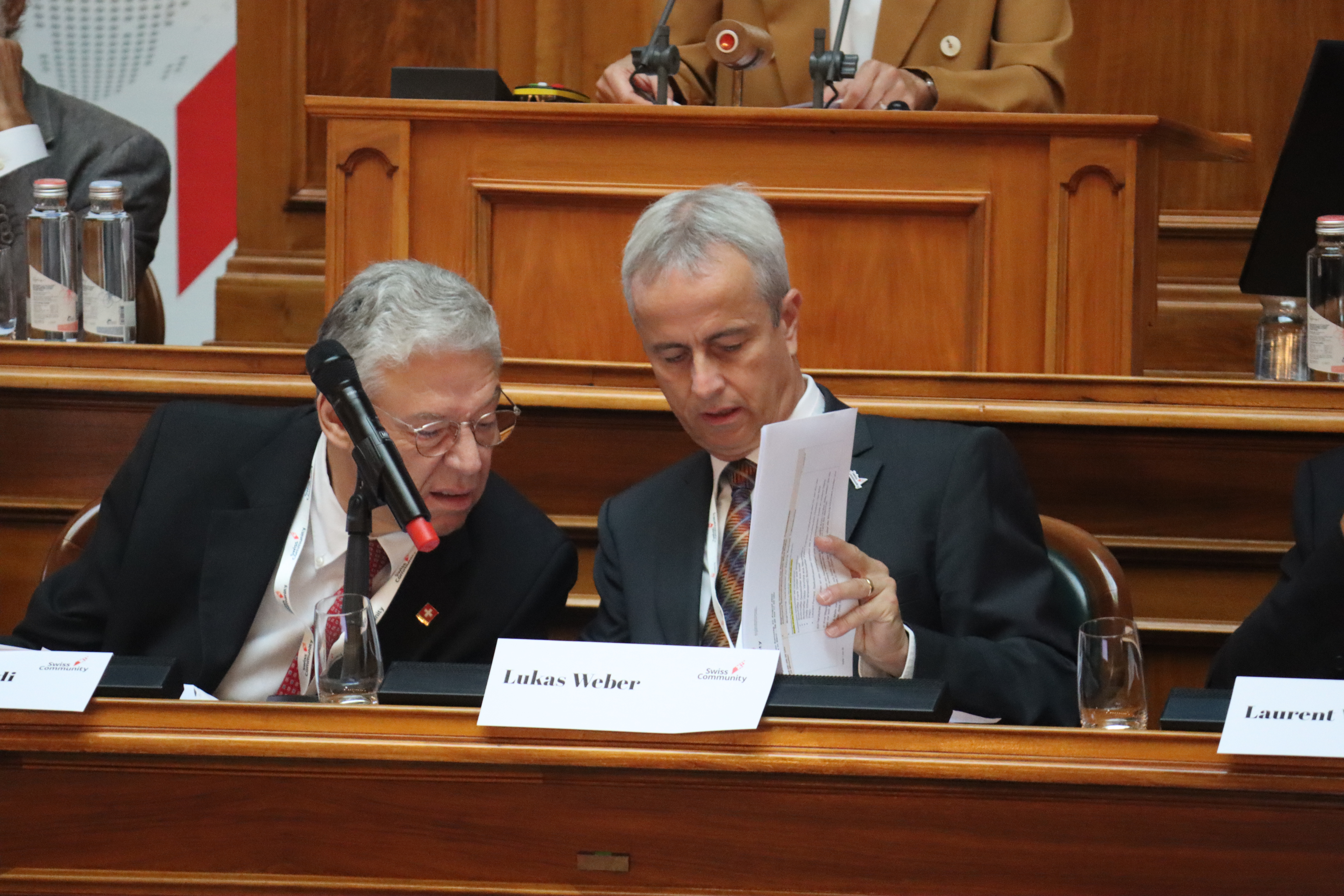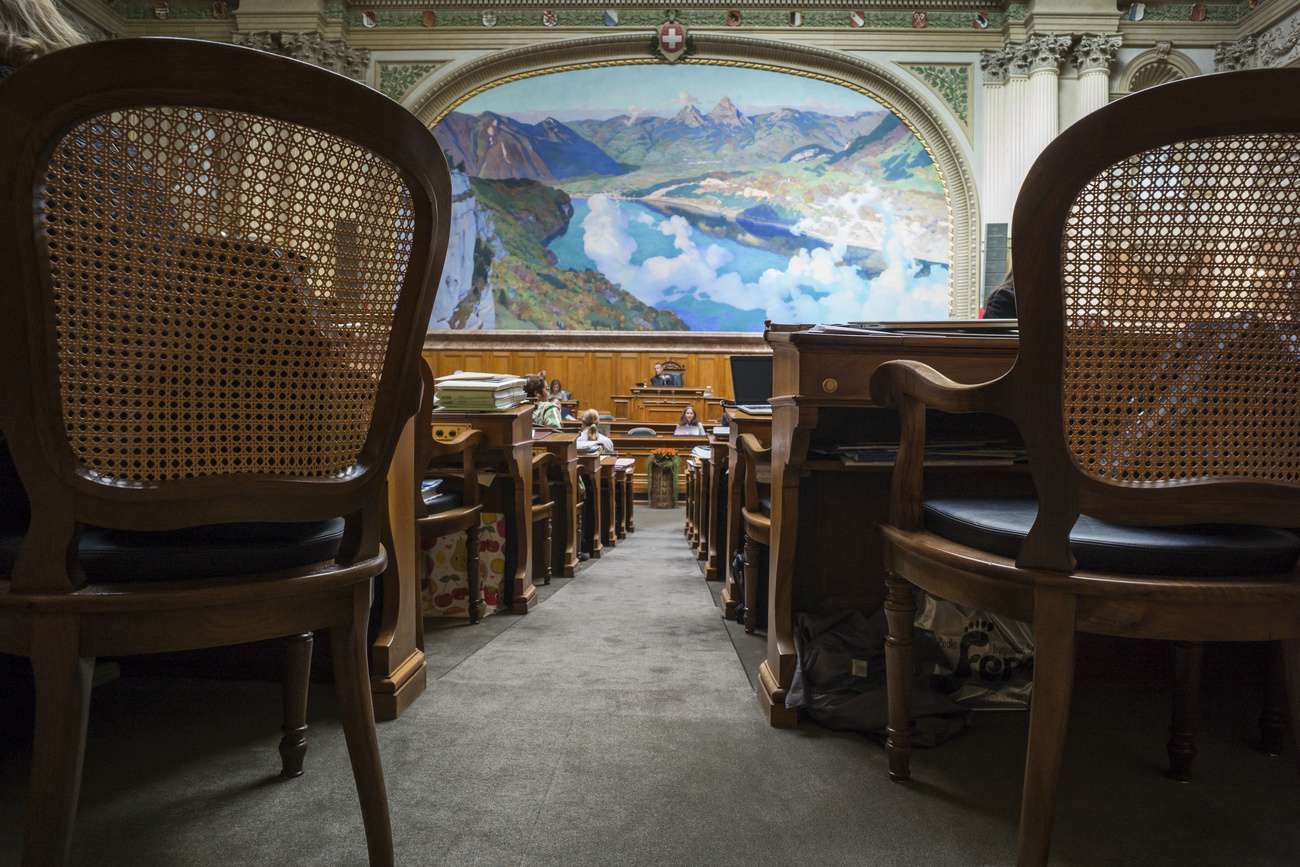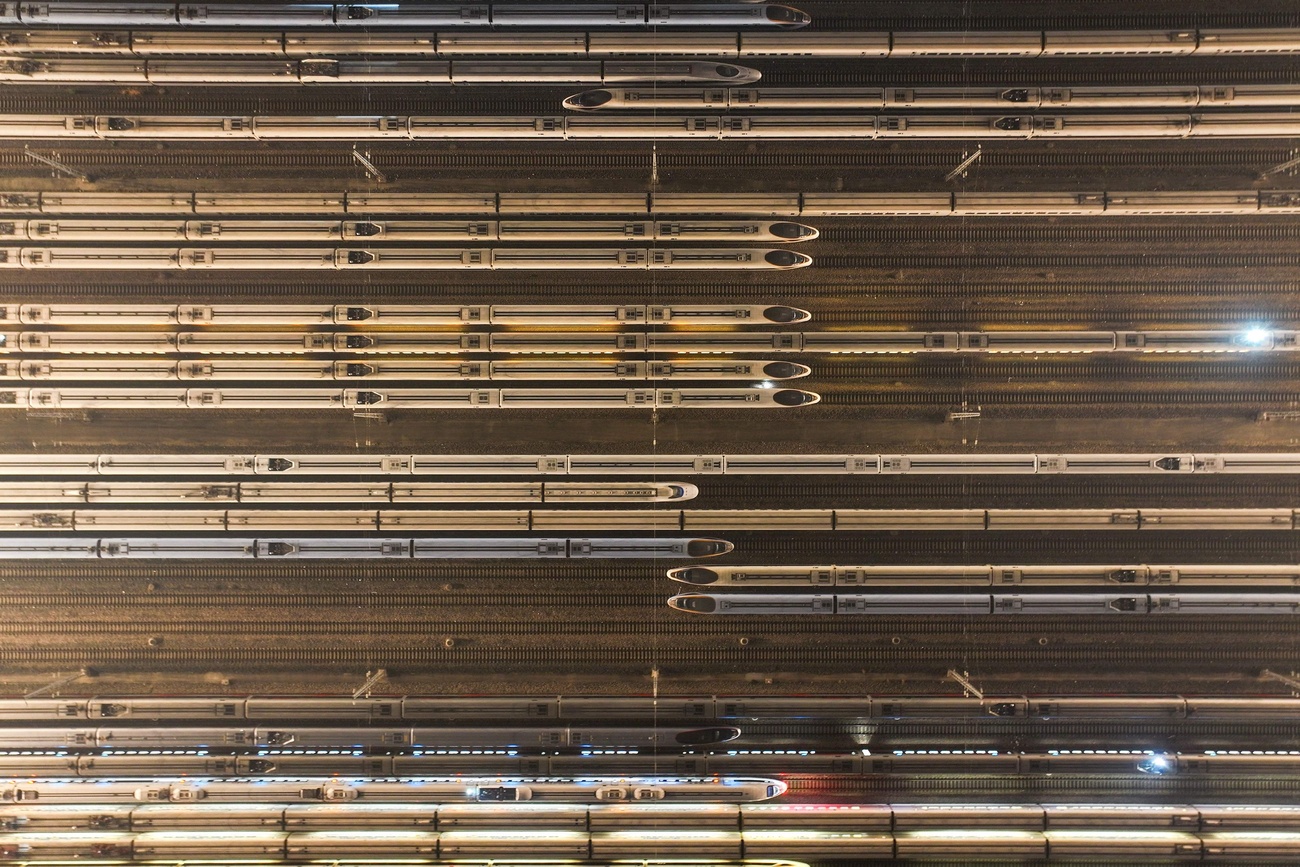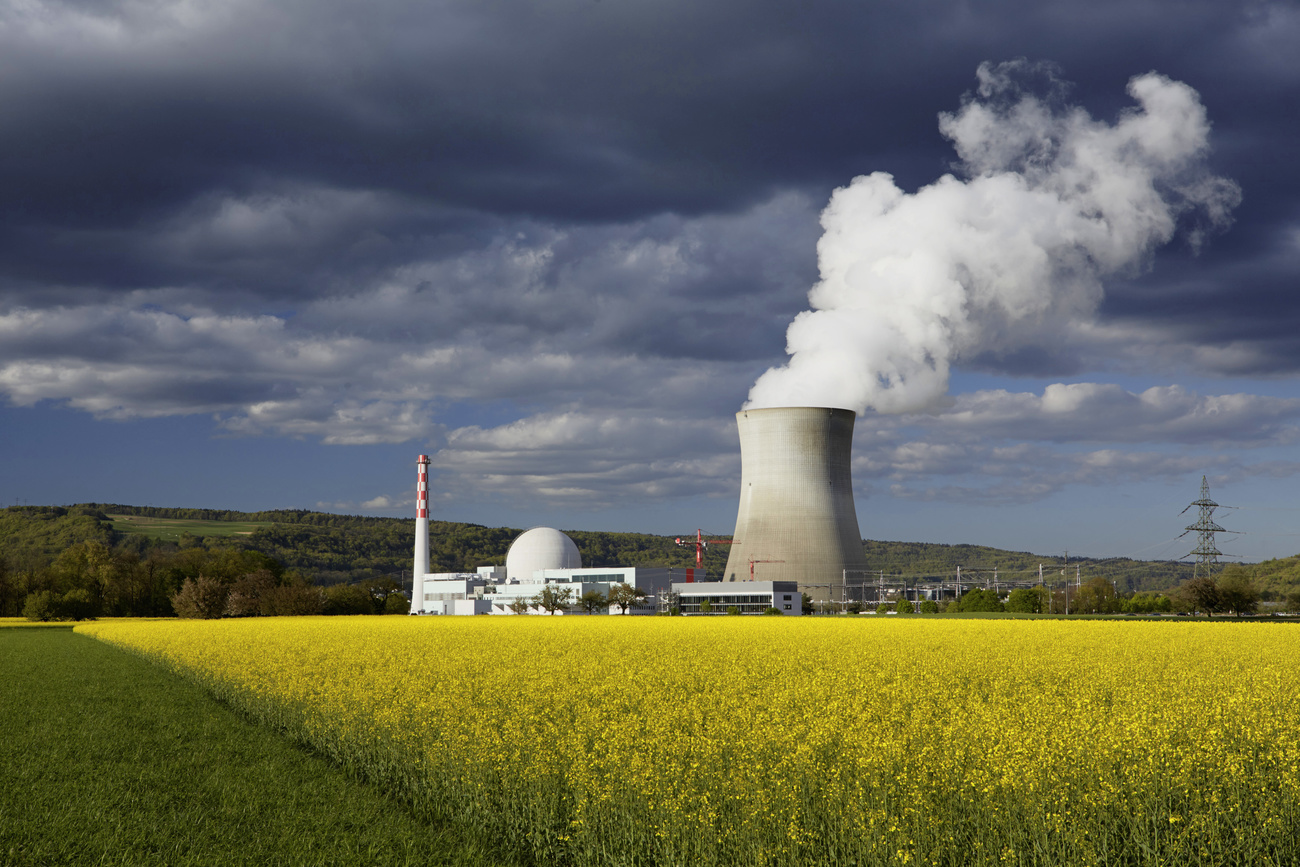
Swiss Inflation Stays Unexpectedly Weak in Test for the SNB
(Bloomberg) — Swiss inflation stayed unexpectedly low in September, posing a challenge to the central bank at a time when the economy is also suffering from outsized US tariffs.
Consumer prices rose 0.2% from a year ago, matching August’s increase, the country’s statistics office said on Thursday. All but three economists out of a Bloomberg survey of 15 had anticipated a pickup.
The result may keep the prospect of more easing on the agenda of Swiss National Bank officials, who have already cut their interest rate to zero. Last week they refrained from lowering it into negative territory again to avoid hurting the financial system, but some economists still expect that to happen at their next meeting in December.
The inflation reading heaps further discomfort on a central bank already bracing for the full impact of tariffs on Switzerland. US President Donald Trump last month imposed surcharges on branded medicines, another blow after already slapping a 39% levy on many Swiss goods.
What Bloomberg Economics Says…
“Looking ahead, we expect inflation to slightly rebound over the coming months, hovering around 0.5%. While price dynamics remain subdued, inflation should continue to evolve in the low range of the SNB’s 0–2% target band. The impact of a strong franc on domestic prices and the hit to growth of higher-than-expected US tariffs are, however, key risks for the SNB. We expect the central bank to cut rates in December if the currency remains strong.”
—Jean Dalbard, economist. For full React, click here
For now, the SNB is putting a brave face on the matter. President Martin Schlegel said on Tuesday that the outlook for Switzerland remains one of stability and moderate growth, with only a “somewhat” increased risk from the pharmaceutical tariffs.
But the fallout is spreading: forecasters surveyed by Bloomberg expect the economy to have shrunk by 0.2% in the third quarter — adjusted for large sports events — after exports to the US collapsed in the first month the broad tariff was in effect. That would be the first contraction in more than two years.
ETH Zurich’s KOF research institute cut its growth outlook for next year to just 0.9%, citing the tariffs. The central bank is more optimistic, predicting expansion of as much as 1.5%.
The problem for policymakers is that their scope to respond to any deterioration is limited. They have consistently signaled that the bar to reintroducing negative rates is higher than for a normal cut.
An alternative is to lean more on currency interventions to weaken the franc and support import prices. Data this week revealed that inflows after Trump’s “Liberation Day” tariff announcements triggered the SNB’s first meaningful foreign-exchange purchases in more than three years.
Underlying inflation pressures are at least slightly stronger than the headline number. A gauge stripping out volatile elements such as energy held at 0.7%.
Consumer-price growth in the surrounding euro area remains stronger than in Switzerland and came in at 2.2% in September. Based on the European Union’s harmonized measure, the Swiss inflation rate was zero in the period.
–With assistance from Kristian Siedenburg, Joel Rinneby and Harumi Ichikura.
(Updates with BE after fourth paragraph)
©2025 Bloomberg L.P.
